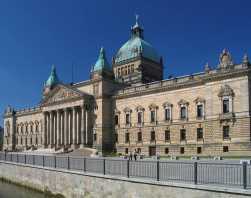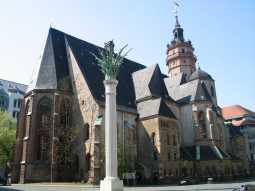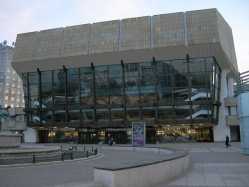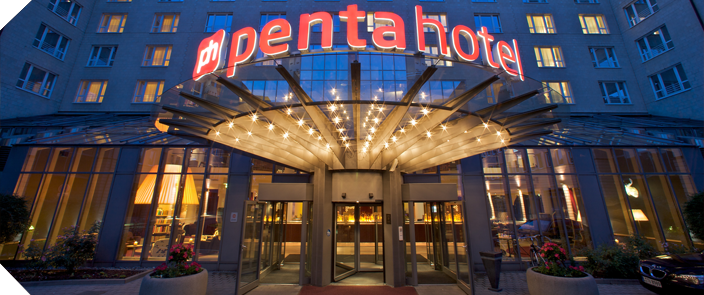5th Leipzig Symposium
Processing and Analytics
How does co-operation work in Practice?
[25.11.2015]
Leipzig, 9-10 March 2016
Dear Reader,
The German Society for Fat Science (DGF) would once again like to invite you to Leipzig, for the 5th Leipzig symposium. The Leipzig symposium has always been committed to stimulating discussion among the operational bodies of the vegetable oil industry about the latest trends, in terms of technology, operation and management.
Furthermore it aims at offering a forum for plant managers, productivity leaders, and QHSE managers to cover the discussion of 'hands-on' topics. This year we would like discuss the opportunities generated by applying the latest developments in analytics to process technology and production practice. The progress in analytics is fulminant - detection levels are spiraling down almost daily, more and more compounds can be analyzed in a much simpler manner. Many compounds can even detected 'on-line' in a very reliable manner, with even new compounds being identified with further scientific debates in case these are suspected contaminants.
These developments affect the processing of oilseeds and vegetable oils. We want to use this symposium mainly to stimulate the debate between experts in analytic technologies and experts in processing to identify and to exploit synergies, but also to identify further gaps/needs in development. The industry should be aware of these debates/developments to have a chance to be actively involved.
Contaminants research is ongoing, aiming at identifying mechanisms of formation, contamination and risks, but also aiming at finding ways to avoid or to remove contaminants. The best process conditions need to be identified, developed and assured to minimize the risk. Here, fast and reliable analytical methods can be of immense help. In terms of yields, reliable analytical methods help to develop and control the right process conditions for stable processes running under optimal conditions. The maintenance of such conditions can be quite complicated and tricky due to almost permanently varying composition/condition of the feed material -a problem we face regularly when processing agricultural products of global origin. Here on-line analytics help to track and to react fast on such variations to assure optimum yield.
On the other hand if process conditions are chosen based on analytical results, it must be assured that these methods are reliable and regularly counter-checked and calibrated. All these items will be discussed during the 5th symposium in Leipzig - and we heartily invite you to participate and to contribute actively!
See you again in Leipzig!
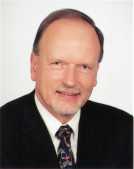 |
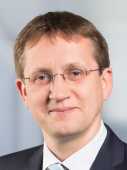 |
|
Gunther Börner Magdeburg DGF division "Processtechnology" |
Dr.-Ing. Thies Langmaack
Hamburg DGF division "Processtechnology" |
